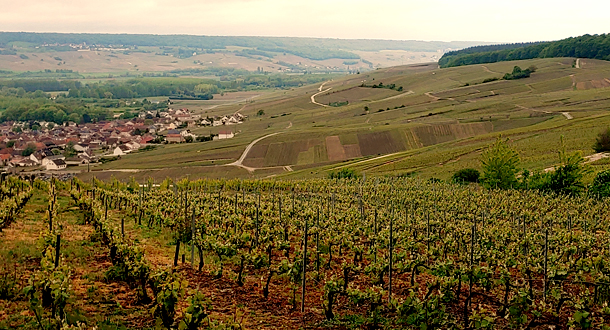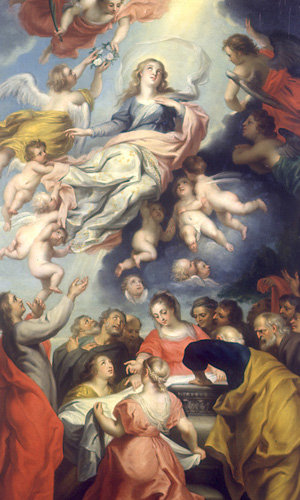
Scripture:
Judges 11:29-39a
Matthew 22:1-14
Reflection:
Here I am Lord; I come to do your will. -Psalm 40:8-9
How challenging is figuring out God’s will for you currently? In our psalm response the psalmist is in transition from being disobedient to now wanting to do what is obedient and right in the eyes of God. The difficulty for most people is trying to discern the will of God especially in making major decisions. Merriam Webster’s Dictionary defines discernment as “the quality of being able to comprehend what is obscure.” (https://www.merriam-webster.com/dictionary/discernment)
Discerning the will of God has multiple components within the process. Key interfaith factors in discerning God’s will are:
- Study Sacred Writings which include the Bible for Christians, the Torah for Jews and the Quran for Muslims. These sacred writings contain what people believe to be the revealed word of God and assist in determining God’s will.
- Seek guidance and advice from spiritual mentors, Priests, Rabbis, Imams and others especially in regard to denominational teachings.
- Research and gather information regarding medical and clinical information or insights from psychology or business in making major decisions.
- Pray to God/Power Greater Than Ourselves which puts us in the proper attitude and positive to openness to God’s will. Pay particular attention to God speaking and guiding us through the promptings of the Holy Spirit.
- Be sincere and honest with getting in touch with your own desires, fears, aspirations, and motivations regarding your mission in life.
- Consult friends, relatives and trusted people in the community who will give you honest feedback and input.
This reflection shares a process of discerning God’s will and outlines key steps across faith traditions, including studying sacred texts, seeking counsel from religious leaders, conducting thorough research, engaging in sincere prayer, being honest with oneself, and consulting respected community members. Lord, guide and direct me in discerning your will.
Carl Middleton is a theologian/ethicist and a member of the Passionist Family.







